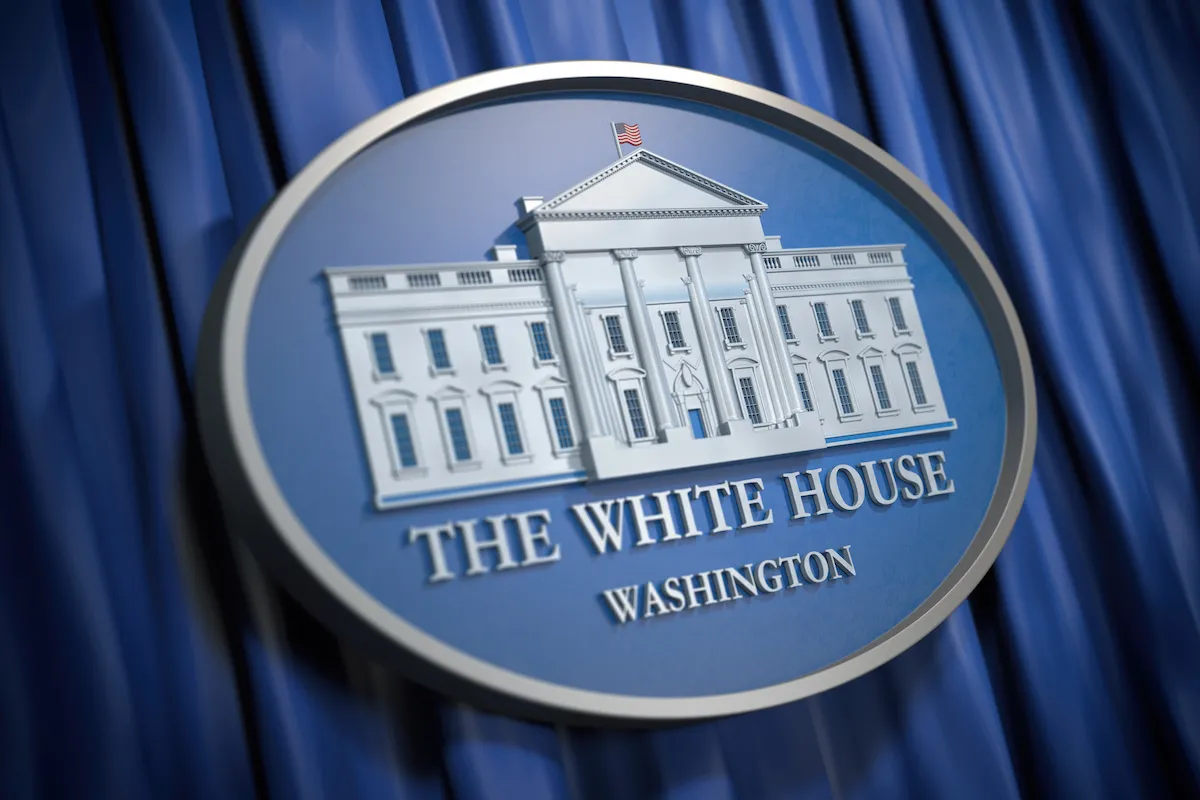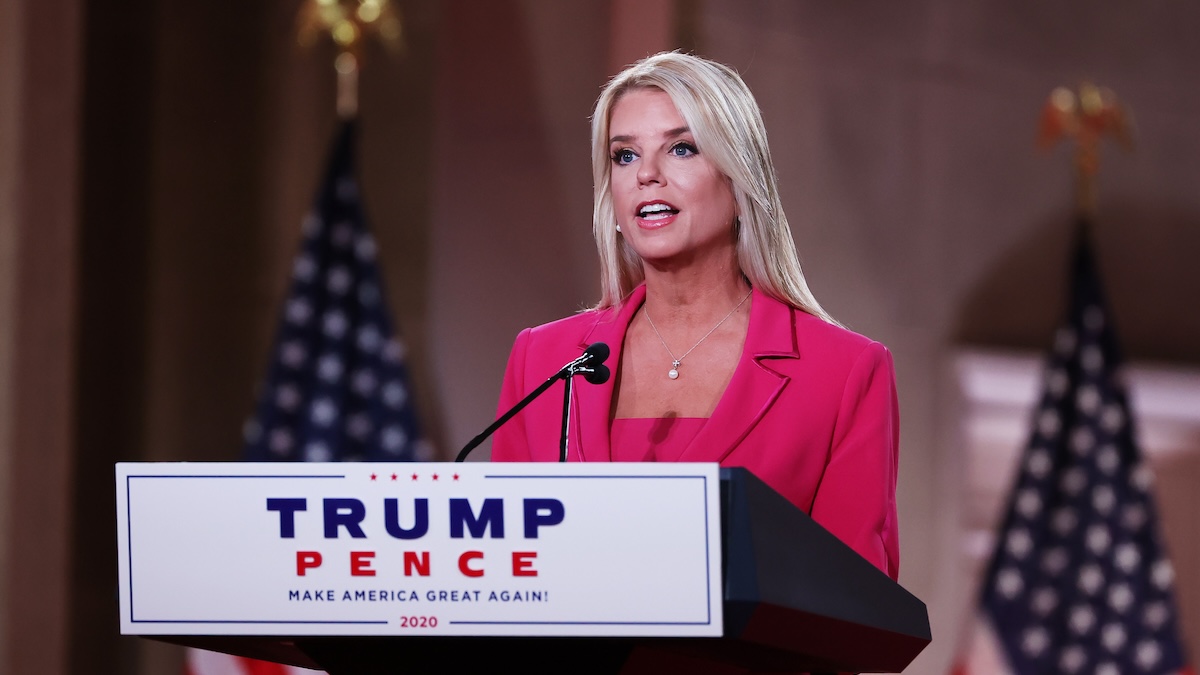Unionized railroad workers recently readied to strike after three years of failed contract negotiations lead to pay that didn’t keep up with inflation and almost no (paid or unpaid) sick leave. The strike was slated to start just before the holidays, but intervention from Congress and the Biden Administration forced the unions to accept the White House’s proposed deal.
Congress forcing the railroad unions to accept a deal has effectively stopped the hope for a strike dead in its tracks. But this might only be the start of a worrying trend for the American worker.
Why the railroad strike matters
The worst part about all of this is that we’ve seen it before.
The Railway Labor Act of 1927 was specifically created to give Congress the power to bust unions and stop strikes. Yes, literally almost 100 years, and we are still dealing with the same problems because we haven’t learned anything.
America did have a decent post-WWII rise in unions, but in the decades since then, unions have been cut down by employers and the government, frequently working in tandem.
The Reagan administration’s firing of union government workers cleared the way for private employers to do the same in the ’80s, and President Biden’s actions here may signal a similar open season on unions and workers across the country.
Many workers feel sold out by Biden in particular and have every right to feel that way. In speech last September, Biden called himself pro-labor and stated his intent “to be the most pro-union President leading the most pro-union administration in American history.” Yet in the year since that speech, he has clearly shown his loyalties are not with the American worker.
It’s especially interesting because—for once—Democrats and Republicans were in agreement, voting 80-15 on this deal. Even the officials who voted against it did so for the same reasons: they wanted to add seven paid sick days for workers.
You’d think with COVID still maintaining a foothold in the U.S., people would have learned how necessary sick days are, but no. Let’s force people who operate some of the heaviest machinery possible to work while sick.
Ongoing labor strikes
While the railroad strike is being debated, other strikes are also starting and/or ongoing across the country. Janitors at Twitter are going on strike over unfair labor practices and workers at the University of California have been arrested for sit-ins.
The New York Times is preparing for its union staffers to go on strike over wages. The previous contract expired in March 2021 and the NewsGuild has announced plans to stage a 24-hour walkout on December 8 if a new contract is not settled.
While the government isn’t likely to get involved in these strikes, workers are obviously nervous about where this leaves their rights and the hopes for future strikes.
Hope for the future
That’s not to say all is lost. The rise in unionization and positive feelings toward it means that workers are starting to fight back against oppressive policies. Twitter users in particular are pointing out the hypocrisy on both sides of the aisle, and many workers have identified with the railroad strikers’ demands for paid sick days (a necessity that 33 million American workers are denied).
Politicians and corporations alike are trying to wave people off by offering crumbs of progress and promises of change in the future. But if not now, when?
There will always be reasons to put off change, especially when it’s change that doesn’t directly affect your livelihood. People are tired of waiting, especially for a day that won’t come unless we force it to.
In 2021, Portland News reported “With the election of pro-union President Joe Biden, unions and pro-union employees can expect more government support in 2022 … The United States enters 2022 with one of the most pro-union legislatures we’ve had in decades.” Obviously, we know that isn’t the case now.
Regardless, 2022 has seen more unions than any year since 2005, with unions winning more than 75% of their elections, and three times as many workers on strike. Even without government support, workers are making their voices heard and standing their ground.
“There’s no such thing as an illegal strike. There are only strikes that are unsuccessful,” Ross Grooters, a locomotive engineer and co-chair of Railroad Workers United in Iowa, said. “That’s not me advocating necessarily. But at the end of the day, we’re trying to make the workplace better for all of us, as workers, and that work’s gotta continue, regardless of Congress’s decision.”










Published: Dec 8, 2022 02:23 pm